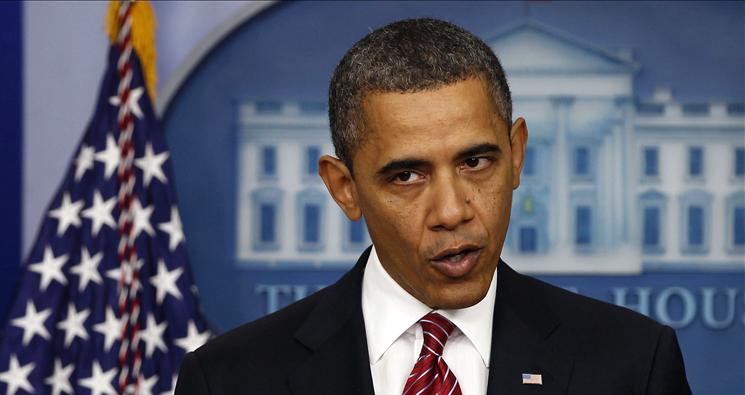ACLJ Takes Case Against HHS Mandate To The Next Level
Late Friday afternoon, the U.S. District Court for the Eastern District of Missouri granted the Obama Administration’s Motion to Dismiss the case we filed against the HHS contraception/abortifacient mandate back in March of this year. In that case, we represent Frank O’Brien, Jr., a St. Louis businessman whose Catholic religious principles forbid him from paying for services such as contraception, sterilization and abortifacient drugs as part of his employee health plan. O’Brien is one of about 80 individuals, businesses and institutions that have sued the federal government on the grounds that the Mandate represents an unprecedented infringement upon our most cherished liberty, the right to the free exercise of religion.
In a legally and logically flawed opinion dismissing O’Brien’s Amended Complaint, the Court held that being forced to pay for services that are directly contrary to someone’s religious beliefs was not a “substantial burden” on that person’s right to religious liberty. The court saw no difference between paying the salary of an employee who might use that salary to go out and buy things the boss objects to, and having the boss buy the objectionable things directly and hand them to the employee. Put another way, the court saw no difference between an employee cashing his paycheck and (unbeknownst to his boss) buying a gun, and shooting his neighbor, and a government mandate requiring the boss to set aside a specific amount of the employee’s paycheck each week in an expressly designated “gun buying/neighbor shooting fund” to be tapped into by the employee if and when the employee feels the need. In the court’s view, the government would not be placing a “substantial burden” on the religious liberty of any employer who might have religious scruples about the shooting of neighbors, since the employer wouldn’t be the one doing the shooting and he could never be sure if any of his employees would ever access the fund to actually shoot their neighbors.
Far from ending the case, Friday’s ruling was just the end of Round One. Cases of great constitutional import – like this one – are never decided at the District Court level. The losing side almost always appeals to the Circuit Court of Appeals and, after that, asks the U.S. Supreme Court to hear the case. And so in this case, the ACLJ, on O’Brien’s behalf, has already filed the necessary papers to bring the case before the Eighth Circuit Court of Appeals in St. Louis. We expect that court to hear the matter within a matter of months.
We are confident that Court of Appeals will reverse the decision of the district court. One of the ironies of the district court’s ruling is that the basis of the court’s decision, i.e., that the HHS Mandate does not impose a substantial burden on the exercise of religion, is a position that the DOJ, in defending the Mandate, hardly mentioned in its briefs. There are two reasons for this: first, as shown above, it defies logic, common sense and applicable law; and, second, the government itself has acknowledged that the HHS Mandate does, in fact, impose a substantial burden on religious believers. After all, that’s why the Mandate as currently written already contains a “religious employer exemption,” albeit a weak and limited one. The Obama Administration recognizes the burden imposed by the Mandate. The fight has been over whether and in which cases that burden is outweighed by the other interests the Mandate seeks to advance. Nobody involved in this prolonged public controversy has seriously contended that that the Mandate does not burden religious believers. Until now.
To paraphrase Churchill; with Friday’s ruling by the District Court, this is not the end. Nor is it the beginning of the end. But it is the end of the beginning. The case moves on. The challenge continues. The ACLJ remains fully committed to seeing this struggle through to a successful end, whether at the U.S. Court of Appeals or, if necessary, at the Supreme Court of the United States.
